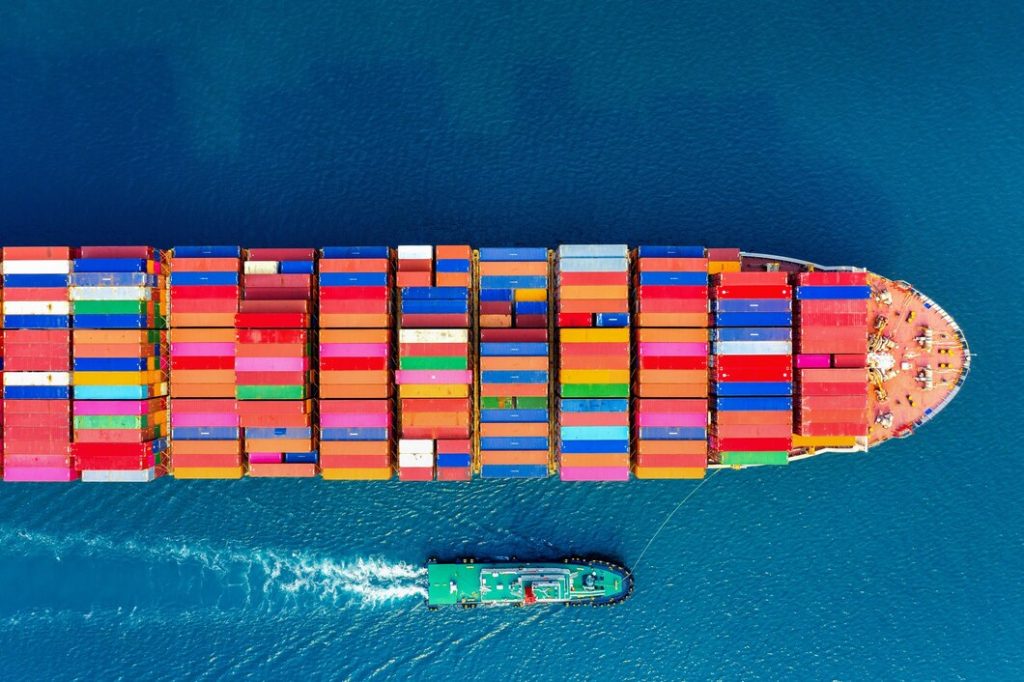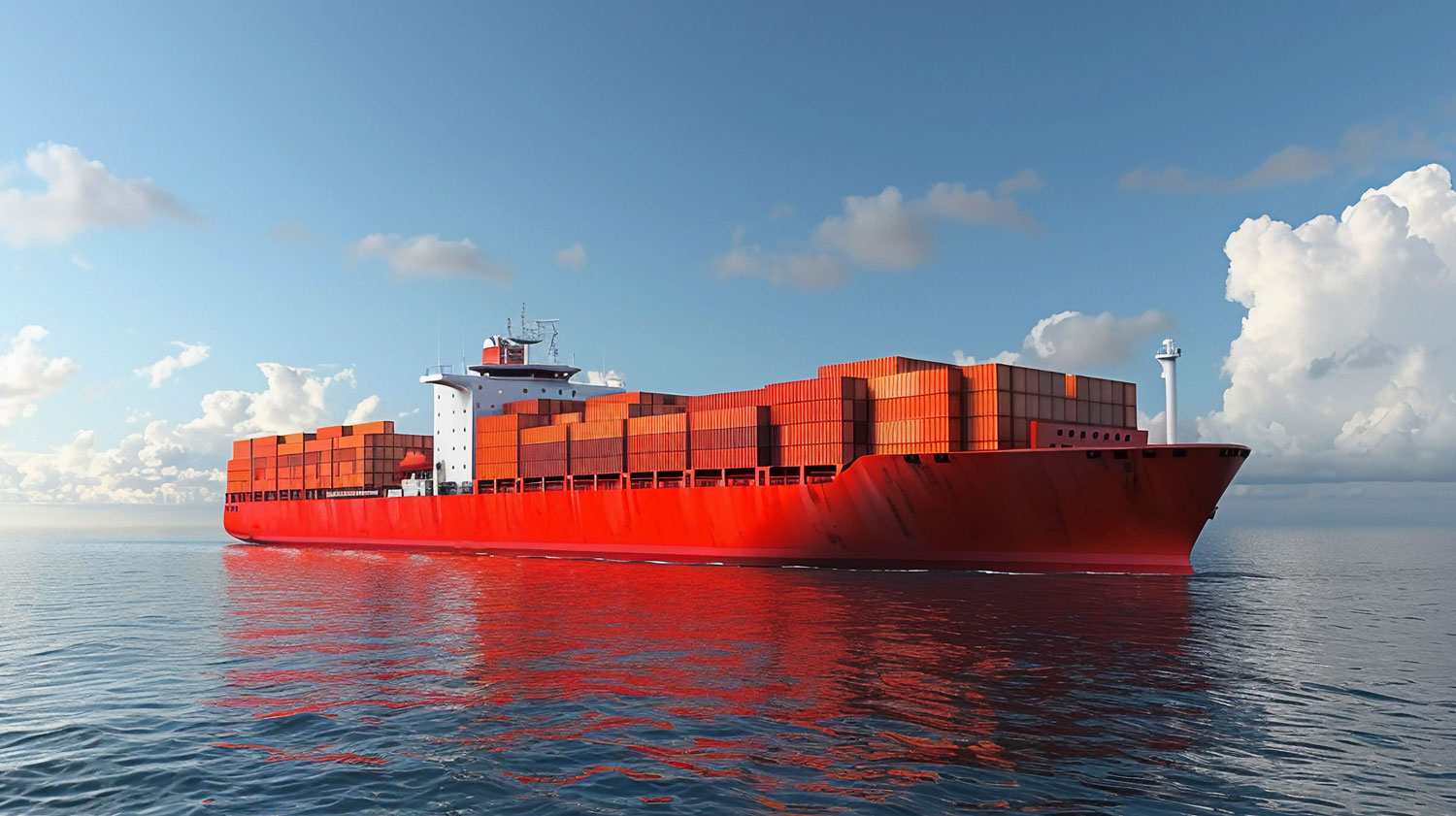The marine transportation industry is vital to global trade, but it is also a significant contributor to fuel consumption and greenhouse gas emissions. With rising fuel costs and stricter environmental regulations, the industry is turning to fuel additives as a cost-effective and sustainable solution. These additives improve fuel efficiency, reduce emissions, and enhance engine performance, leading to cleaner and more economical operations


The Need for Fuel Efficiency in the Maritime Industry
According to the International Maritime Organization (IMO), the shipping industry accounts for 2.89% of global CO₂ emissions, producing approximately 1 billion metric tons of CO₂ annually (IMO Report). Fuel accounts for up to 50% of a ship’s operating costs, making efficiency improvements critical for economic and environmental reasons. Fuel additives provide a practical way to optimize fuel consumption without requiring costly modifications to ship engines or fuel systems.
How Fuel Additives Improve Marine Fuel Efficiency
1. Optimized Fuel Combustion
Fuel additives enhance the combustion process by improving fuel atomization, which allows for more complete burning. Studies show that using fuel additives can improve fuel economy by 3% to 8%, leading to significant cost savings over time (ScienceDirect).
2. Reduced Emissions and Environmental Impact
-
Lower CO₂ Emissions: Fuel additives can cut carbon dioxide emissions by improving fuel efficiency and reducing fuel waste.
-
Reduction in NOx and SOx: Certain fuel additives help lower nitrogen oxides (NOx) and sulfur oxides (SOx) emissions, helping vessels comply with IMO 2020 regulations that limit sulfur content in fuel to 0.5%.
-
Less Black Smoke and Particulate Matter: Cleaner combustion results in fewer visible emissions, reducing air pollution in port cities and along shipping routes.
3. Prevention of Engine Deposits and Fuel Degradation
Marine fuel systems are prone to carbon buildup, sludge formation, and microbial contamination. Fuel additives contain detergents and stabilizers that:
-
Prevent carbon deposits on fuel injectors and combustion chambers
-
Reduce maintenance costs by extending engine life
-
Improve fuel storage stability, preventing degradation over time
Real-World Examples of Fuel Additive Benefits in the Marine Industry
-
Maersk Line’s Fuel Efficiency Program: Maersk implemented a fuel efficiency strategy, incorporating fuel additives and optimization technologies, resulting in a 7.3% reduction in fuel consumption per container transported (Maersk Sustainability Report).
-
Royal Caribbean’s Green Shipping Initiative: The cruise line adopted fuel treatment solutions, reducing fuel use by 5% to 7% per voyage, leading to lower emissions and operational costs (Cruise Industry News).
Why Fuel Kleen is the Best Solution for Marine Operators
Fuel Kleen is an advanced fuel additive engineered to optimize fuel performance, reduce emissions, and protect marine engines. Here’s why it stands out:
-
-
Proven Fuel Savings: Independent tests show that Fuel Kleen can reduce fuel consumption by up to 8%, leading to significant cost reductions for shipping companies.
-
Emissions Reduction: Fuel Kleen helps lower CO₂, NOx, and SOx emissions, ensuring compliance with stringent IMO regulations.
-
Engine Protection: Prevents carbon buildup, enhances fuel stability, and extends the lifespan of critical engine components.
-
Eco-Friendly Impact: Designed to support cleaner oceans and air, making shipping operations more sustainable.
-
Make the Smart Choice Today
The shipping industry is evolving, and fuel efficiency is now more critical than ever. By integrating a high-performance fuel additive like Fuel Kleen, marine operators can achieve substantial fuel savings, ensure regulatory compliance, and contribute to a cleaner environment.
Don’t let rising fuel costs and strict regulations hold your business back. Choose Fuel Kleen today and sail towards a more efficient and sustainable future.
For more information on how Fuel Kleen can benefit your fleet, contact us today!



